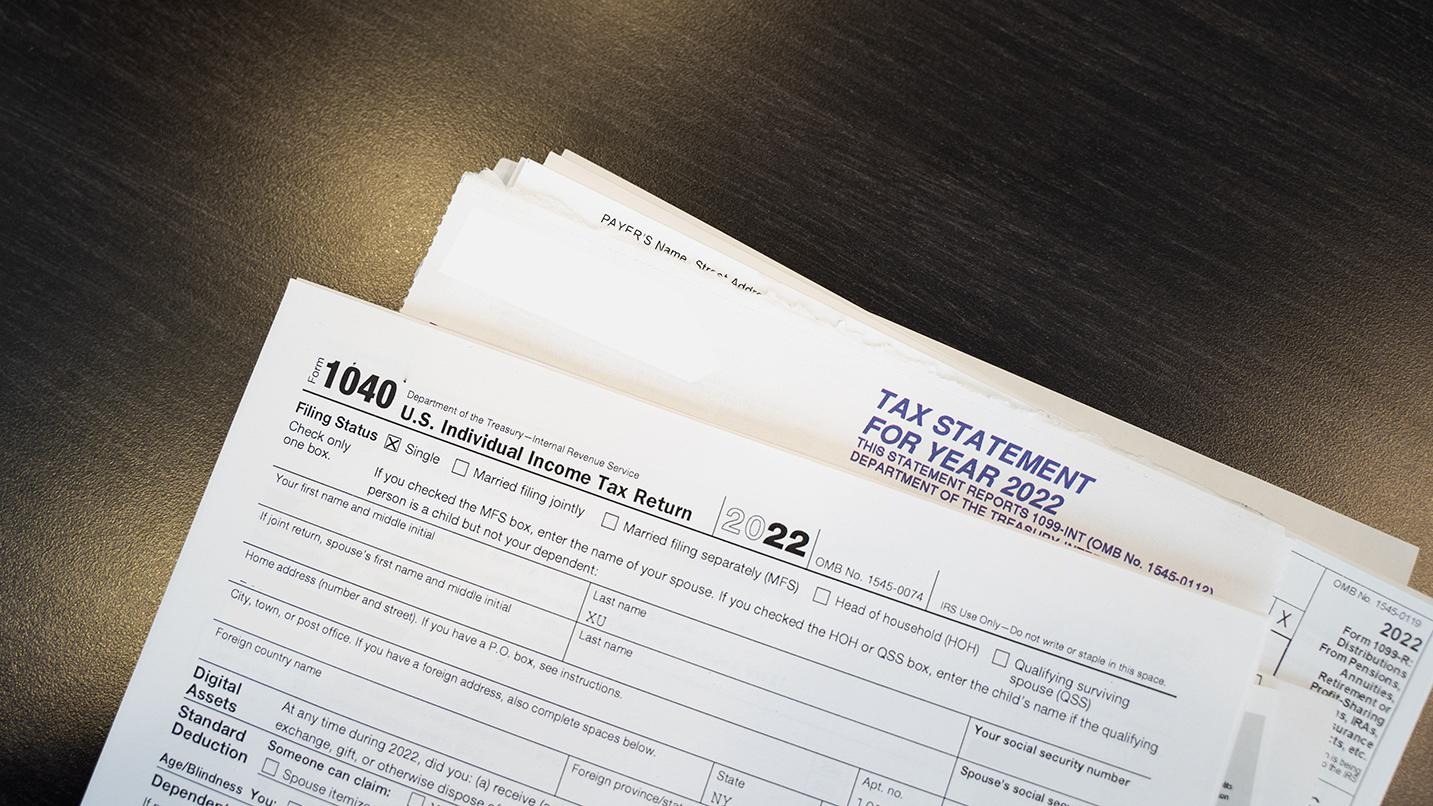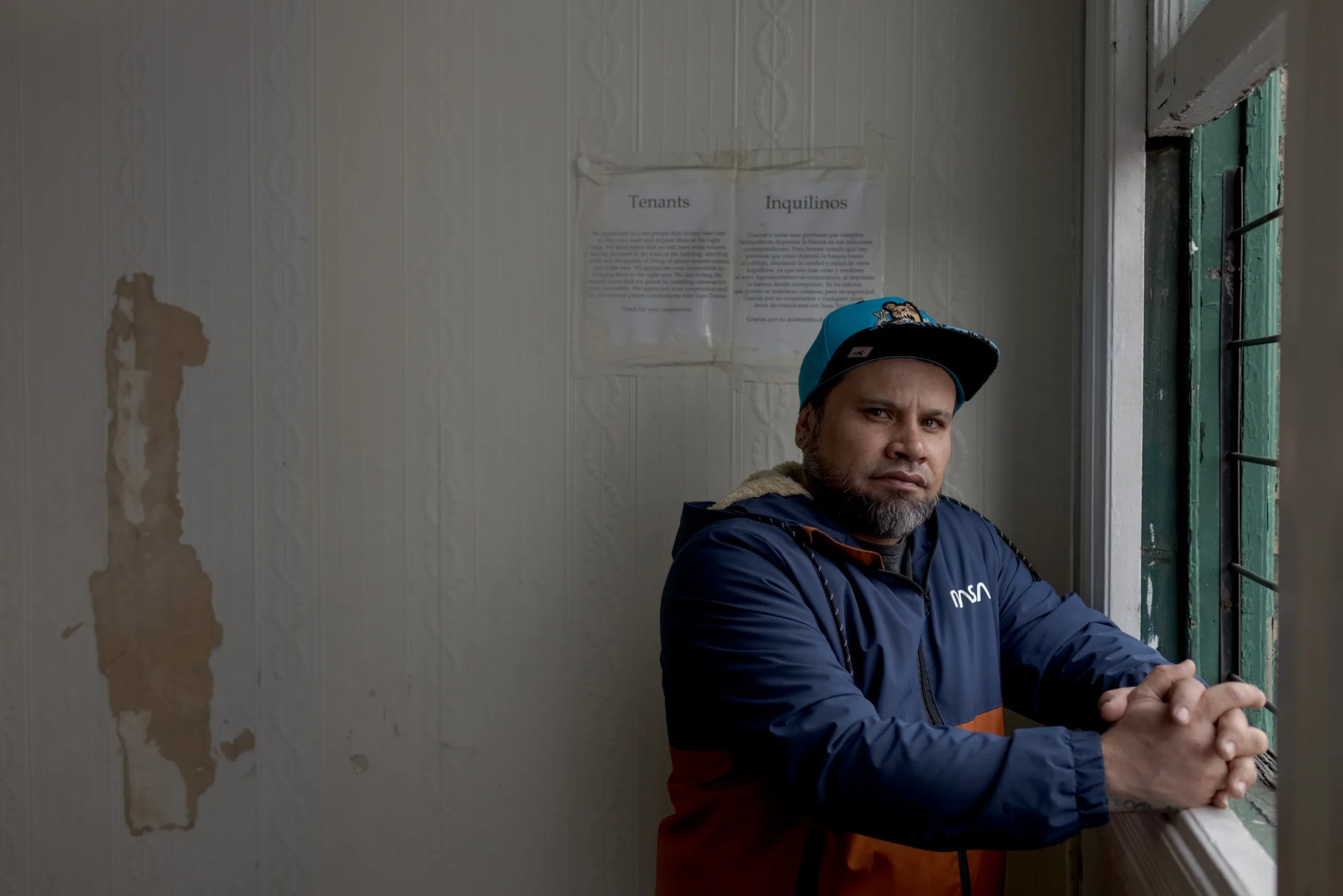This summary was featured in Documented’s Early Arrival newsletter. You can subscribe to receive it in your inbox three times per week here.
Dozens of Russians opposing their country’s invasion of Ukraine were stuck in Mexico, attempting to cross into the U.S. and claim asylum. Later, the same authorities that rejected them offered to sneak them into the country. At the San Ysidro Land Port of Entry, the U.S. was allowing in a very small group of asylum seekers based on a decision in negotiations with authorities from Mexico. That secret decision left tens of thousands of asylum seekers who never got the same treatment the Russians did — most of them Black and Brown people from the global south — wondering why Customs and Border Protection is only making exceptions for white refugees from Europe. VICE News
In other local immigration news…
April Xu Joins Documented as Chinese Community Correspondent
We are pleased to announce the latest addition to Documented’s team: April Xu, who joins us as a Chinese Community Correspondent. She is an award-winning journalist with more than eight years of experience covering the Chinese Community in New York City. She previously worked at the New York Bureau of Sing Tao Daily, one of the largest Chinese-language newspapers in the U.S., covering breaking news, health, immigration, education, politics, business, social justice issues and court news. Her bilingual works include an investigative story about scams prevailing in the Chinese community, which won the Best Investigative/In-Depth Story of 2018 Ippies Awards by the CUNY Graduate School of Journalism. Xu launched a public account on WeChat in March 2020 to educate the Chinese community about COVID-19. She has also contributed English and Chinese articles to publications in the U.S. and China, including Voices of New York — City Limits and Ethnic Media Services. At Documented, Xu will regularly engage with Chinese-speaking New Yorkers and the organizations that aim to serve them.
What to Know About USCIS, the Agency In Charge of Processing Immigration Cases

United States Citizenship and Immigration Services inherited many of the responsibilities of Immigration and Naturalization Service in 2003, after INS was disbanded following the passage of the Homeland Security Act of 2002, which sought to reshape the national immigration system and address issues of security. It is in charge of administering and processing immigrant visa petitions, naturalization petitions, affirmative asylum applications, and refugee applications. It is one of the largest government agencies in the U.S. employing 19,000 government employees and contractors in more than 200 offices around the world. Read more on Documented
ICYMI: Immigrant Communities Debate Harsher Bail Laws as Effectiveness is Still Unproven

Earlier this month, New York Gov. Kathy Hochul sent state legislators her 10-point public safety proposal that would tweak bail laws. While the plan faces strong pushback from about 30 New York organizations advocating for immigrant rights, it has received substantial support from influential Chinese civic society groups, whose constituents have been struck by a wave of anti-Asian violence. Supporters from the Chinese community believe the proposal will improve public safety, while immigrant advocacy organizations say Hochul’s proposed changes could ultimately lead to negative immigration consequences, including deportation, for many individuals. The proposed plan would widen which crimes could be subject to arrest or eligible for bail. Under the plan, individuals who commit hate crimes would no longer be given desk appearance tickets; they would only be eligible for arrest. Continue reading on Documented














